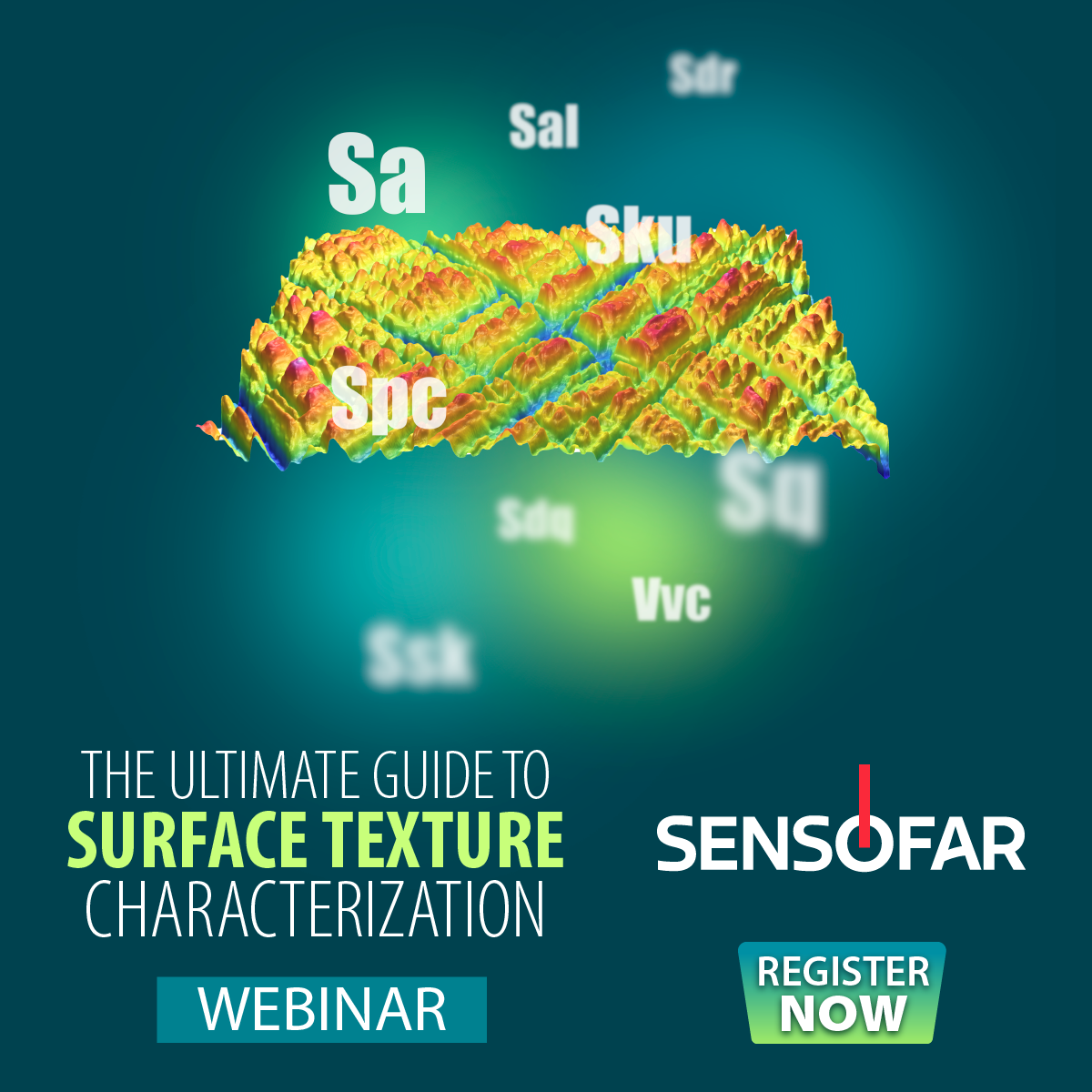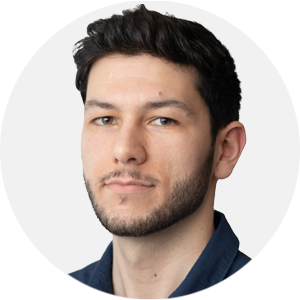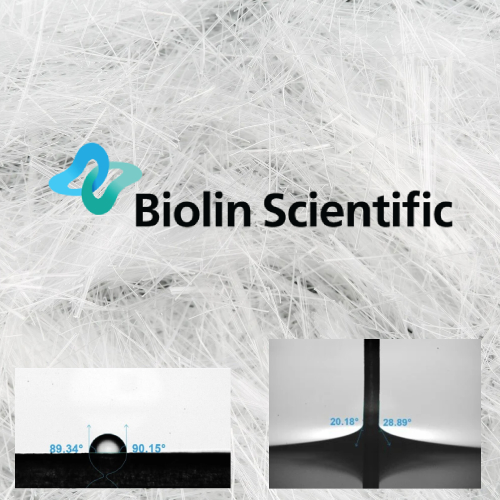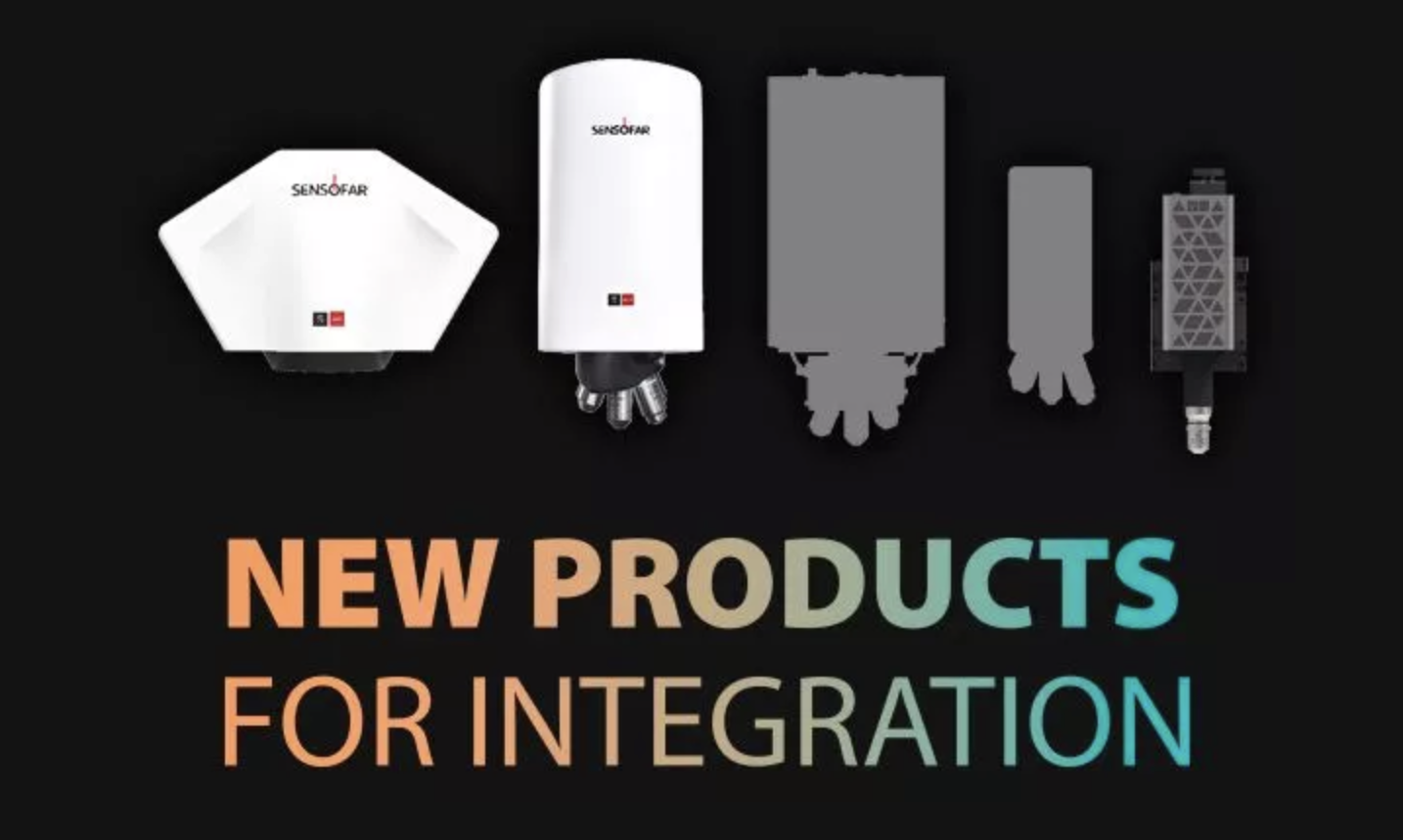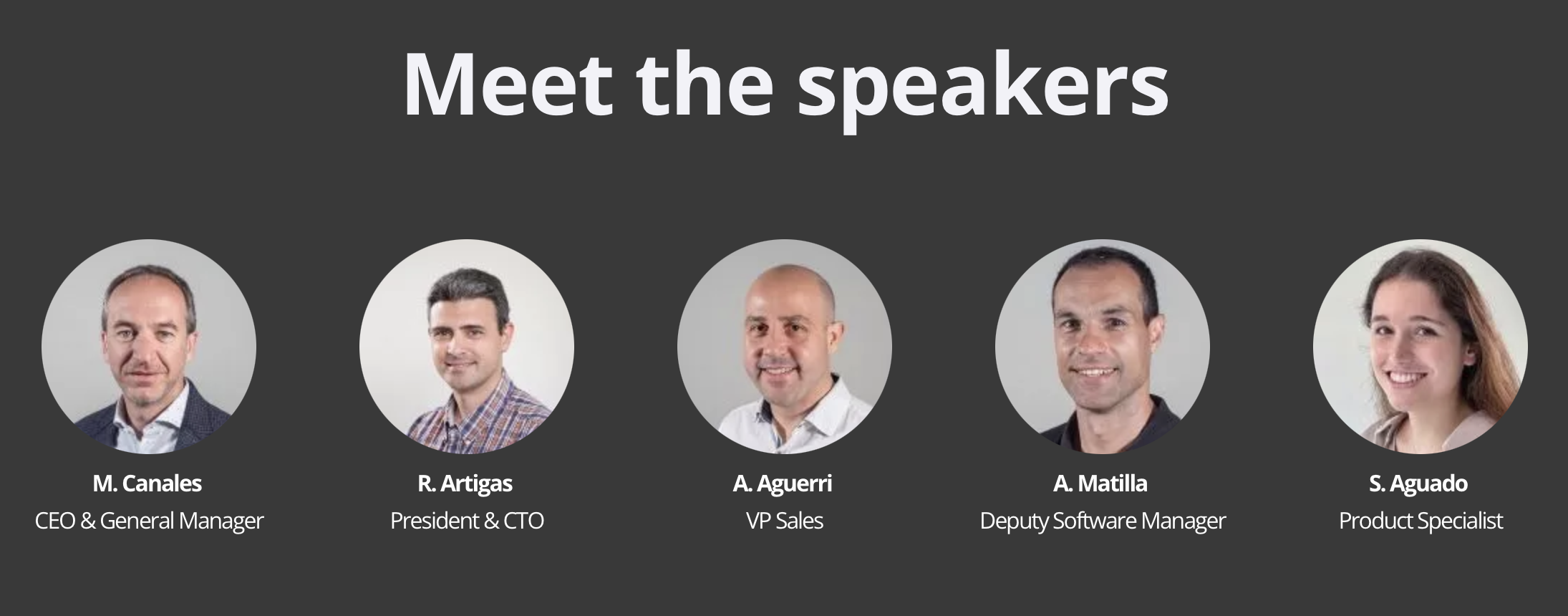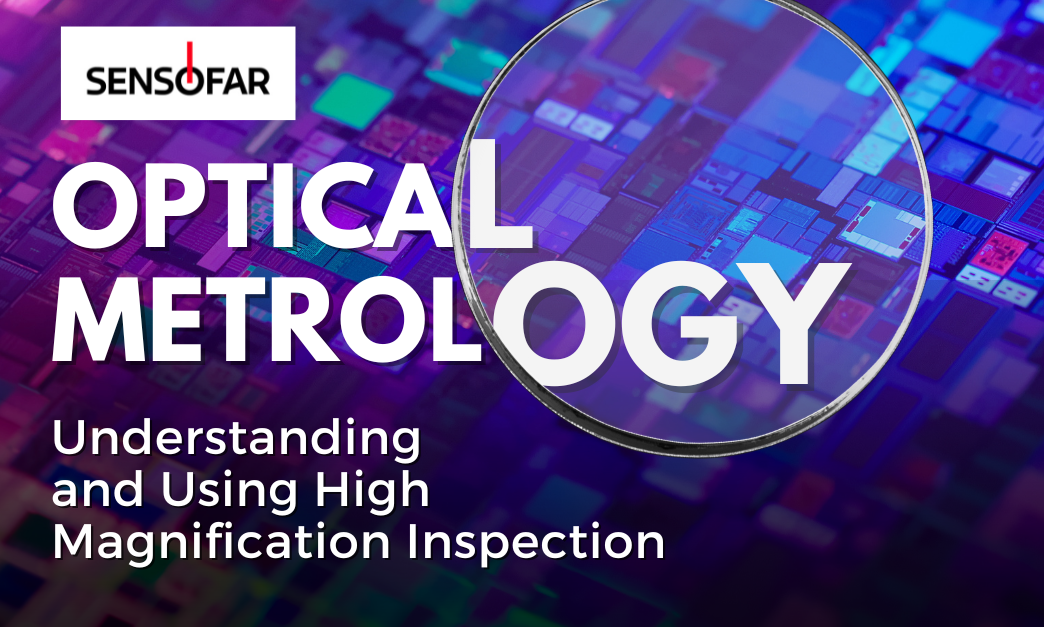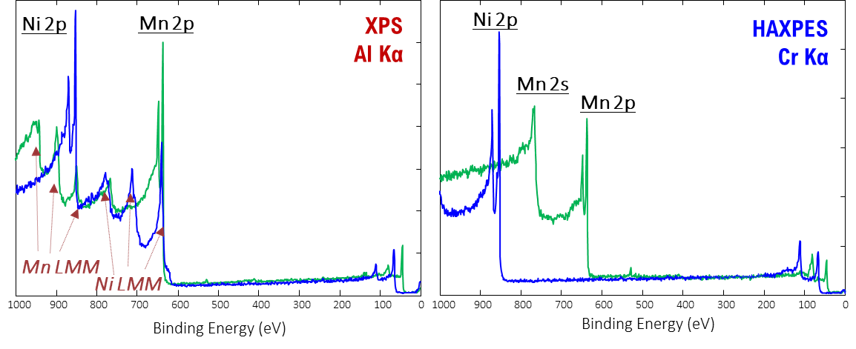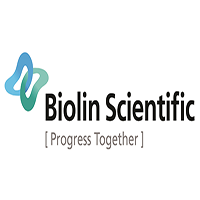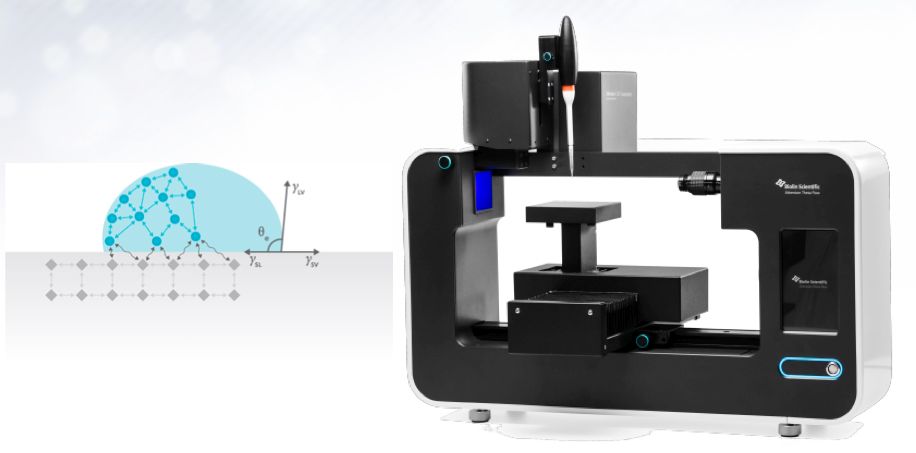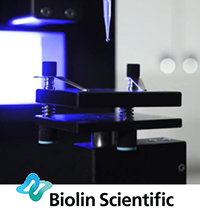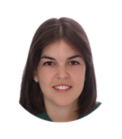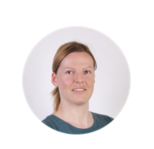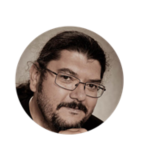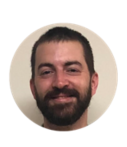In today’s fast-paced industries, understanding surface texture is key to improving product quality and manufacturing efficiency. This webinar will guide you through the fundamentals of surface texture characterization and provide practical tools to enhance your results.
What You Will Learn:
- Surface Texture Fundamentals:
Understand the core concepts of surface finish, roughness, texture, and topography. Discover why mastering surface texture is crucial for ensuring high product standards and optimizing research and industrial processes. - Characterization Techniques:
Learn the step-by-step process of evaluating surface texture, from selecting the right measurement techniques to analyzing and reporting accurate results. Gain insights on choosing the most suitable parameters for your specific application. - Standards Update:
Stay informed about the latest ISO standards, including updates to ISO 25178 and the new ISO 21920 for 2D measurements. Learn how these changes impact surface texture evaluation and how to ensure compliance with industry standards.
Speaker:

David Páez
BSc in Engineering Physics, MSc in Nanoscience and Nanotechnology
Senior Product Specialist at Sensofar Metrology
David has a strong background in optical metrology and has spent years helping customers optimize their surface texture measurements. With hands-on experience in Sensofar’s demo room, he excels at showcasing how to fully utilize Sensofar’s metrology systems to drive accurate results and improve manufacturing processes.
Registration:
| Session 1: 10 AM CET (Asia & Europe) | |
| Session 2: 6 PM CET (North America) |
Join us for this insightful webinar to gain a deeper understanding of surface texture characterization, and learn how to apply these techniques in your industry.
For more information or to speak with our team about how Sensofar’s metrology systems can benefit your work, Contact Us today!


